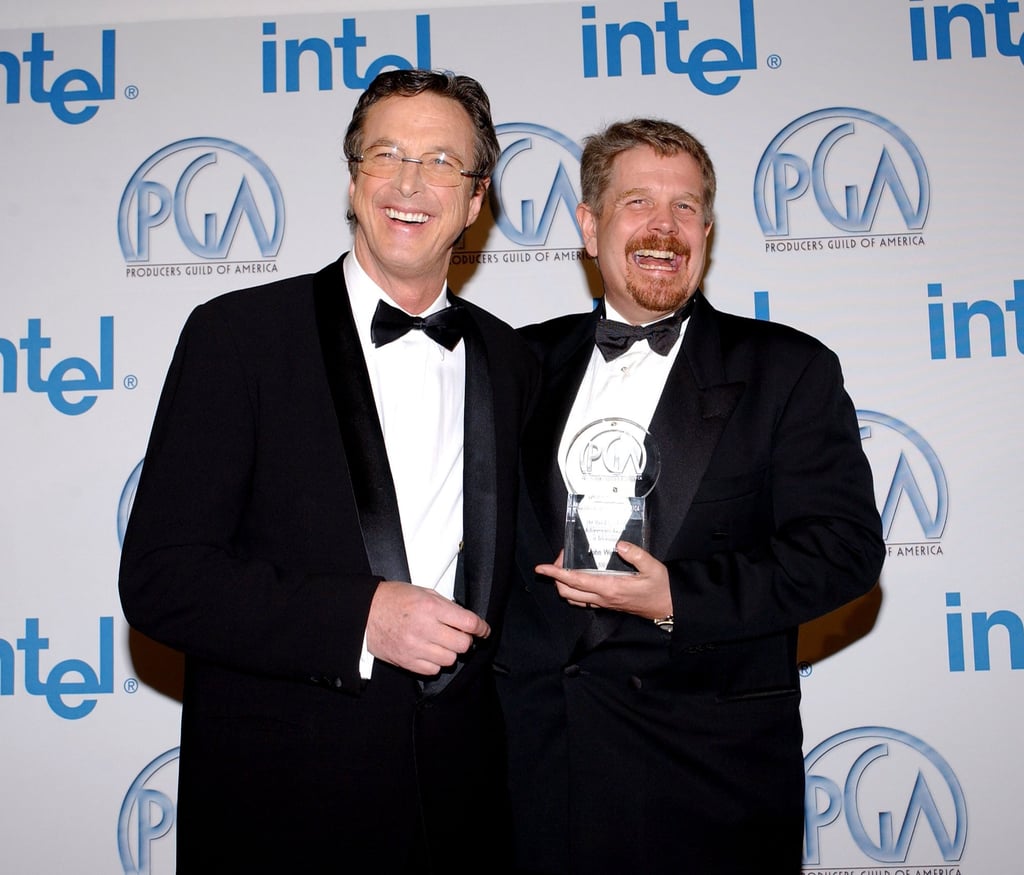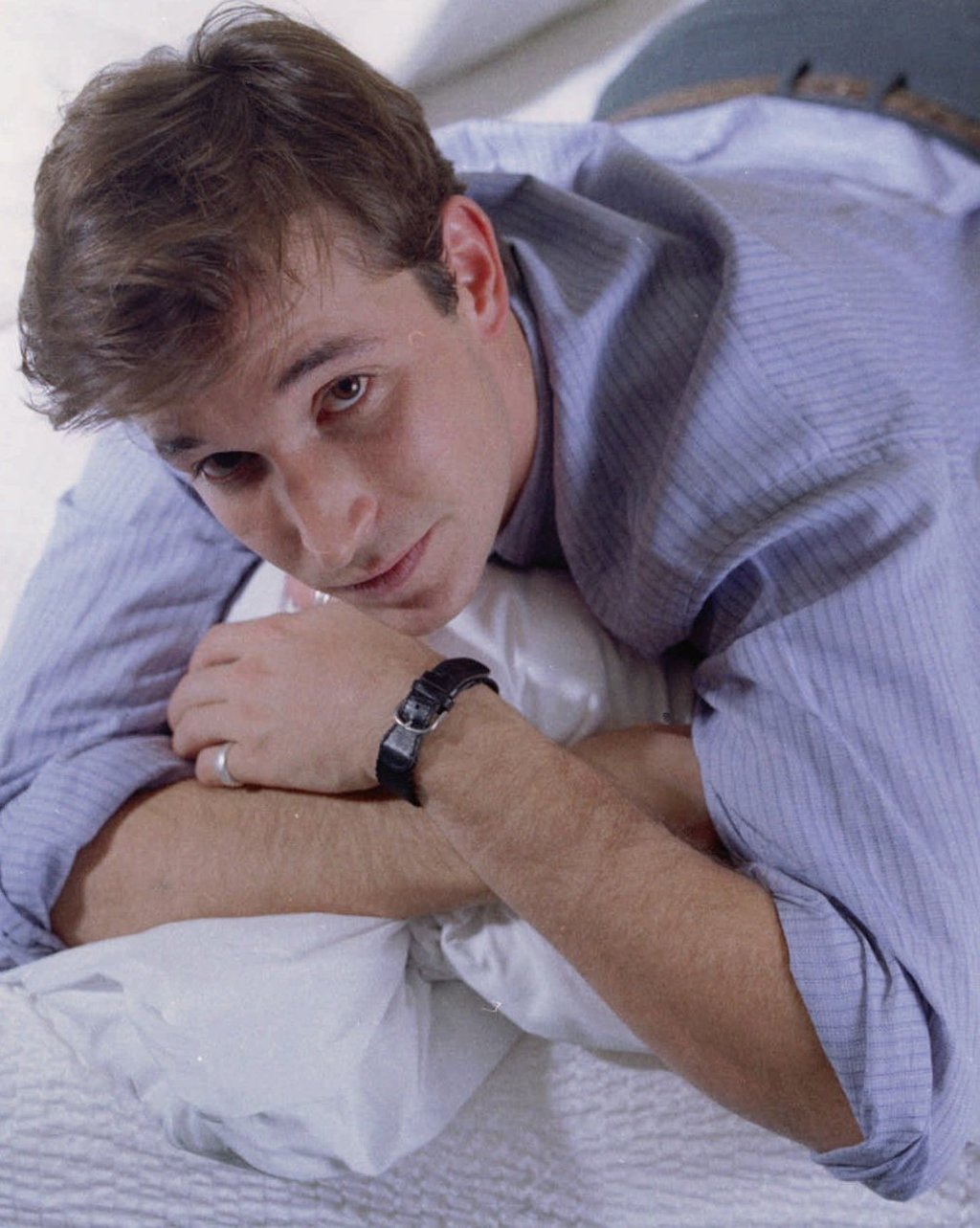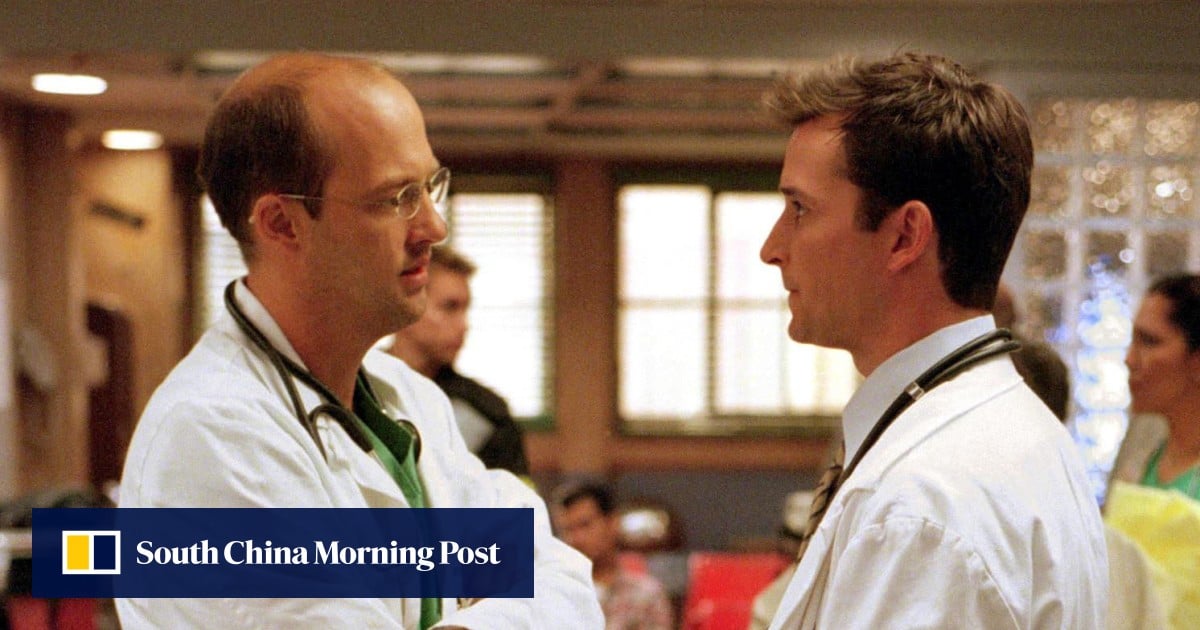The move is a “callous disregard for Crichton’s inception of ER”, a “personal betrayal” of a 30-year friendship between the author and John Wells, the original series’ showrunner, and “an effort to rob his heirs of the fruits of one of his greatest creations”, the complaint states.

Wells has been announced as executive producer of The Pitt and Wyle is set to both star and serve as an executive producer.
“If Warner Bros. can do this to Michael Crichton, one of the industry’s most successful and prolific creators who made the studio billions over the course of their partnership, no creator is safe,” a spokesman for Crichton’s widow, Sherri Crichton, said.
“While litigation is never the preferred course of action, contracts must be enforced, and Michael Crichton’s legacy must be protected,” the spokesman added.
“The lawsuit filed by the Crichton Estate is baseless, as The Pitt is a new and original show. Any suggestion otherwise is false, and Warner Bros. Television intends to vigorously defend against these meritless claims,” said a spokesman for the studio in a statement.
Spokesmen for Wells and Wyle were not immediately available for comment.

Before he died in 2008, Crichton was a prolific author who wrote 25 novels that sold more than 250 million copies worldwide, 13 of which were made into films, including Jurassic Park.
His novels, films and television series have collectively grossed over US$10 billion to date, according to the lawsuit.
In 1974, he wrote the screenplay for what became ER’s two-hour pilot, inspired by his own experiences as a medical intern in the accident and emergency department of an urban hospital.
Fifteen years later, Crichton and Steven Spielberg developed his script into the groundbreaking series that ran for 15 seasons between 1994 and 2009, earning 124 Emmy nominations and winning 23.

The show delivered “billions of dollars” to Warner Bros., states the complaint.
Before entering into an agreement with Warner Bros., Crichton extracted a series of contractual promises, including a “frozen rights” provision that prohibited the studio from making any sequels, remakes, spin-offs, or other productions derived from ER without his “express consent”, according to the lawsuit.
Further, the author would receive the appropriate credit, while his heirs would “receive compensation commensurate with the ultimate success of ER, in connection with any future productions”.
After Crichton died, the lawsuit says, Warner Bros. made a series of moves that “betray[ed] his trust and diminish[ed] – and ultimately erase[d] him from his work, including the HBO remake of Westworld, based on the 1973 film that Crichton wrote and directed.
Instead of giving Crichton a “created by” credit, he received a ‘based upon’ credit buried deep in the end credits”.
Sixteen years after his death, Warner Bros. is effectively rebooting ER … without crediting Crichton and without obtaining consent as they are obligated to do
Then, in 2020, the lawsuit alleges, Warner Bros. began developing an ER reboot to air on its struggling HBO Max service, “without ever shopping the project to ascertain its true value” and without telling the author’s widow, Sherri Crichton, the guardian of the estate that controls her late husband’s ER assets for the benefit of his children and in violation of the “frozen rights” provision.
After nearly two years of development, the studio informed Sherri Crichton and the estate of the planned reboot, “pressur[ing] them to consent, without regard for how Crichton would be credited or his heirs would financially benefit from the project”, according to the complaint.
After rocky discussions, the estate was prepared to approve the project in exchange for a “created by” credit give to Crichton and a US$5 million non-performance guarantee.
However, the suit alleges, the studio and Wells then rescinded those terms and demanded that the estate “waive the guarantee”, and proceeded to work on the reboot without its consent, initially in secret.

In a statement, a spokesman for Sherri Crichton called Warner Bros.’ actions a “shameful betrayal”.
“Sixteen years after his death, Warner Bros. is effectively rebooting ER, and seeking to boost the more than US$3 billion profit it has already earned from his creation, without crediting Crichton and without obtaining consent as they are obligated to do under Crichton’s contract.
“Changing the show’s name does not change the fact that The Pitt – which has exactly the same premise, structure, themes, pace, producers, and star – is ER through and through.”
Additional reporting by Associated Press

